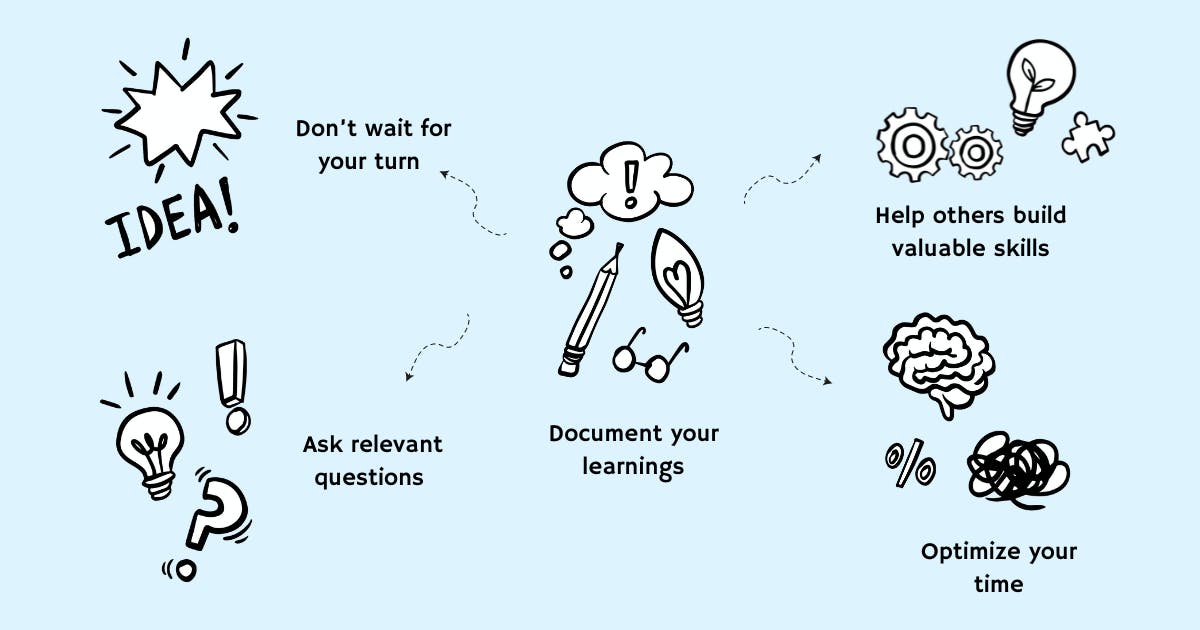637 reads
Showcase Your Value Without Bragging: Here's How
by
February 22nd, 2024
Audio Presented by

Author Upgrade Your Mindset, Rethink Imposter Syndrome. Scaling products → Scaling thinking. Former AVP Engg @Swiggy
About Author
Author Upgrade Your Mindset, Rethink Imposter Syndrome. Scaling products → Scaling thinking. Former AVP Engg @Swiggy
